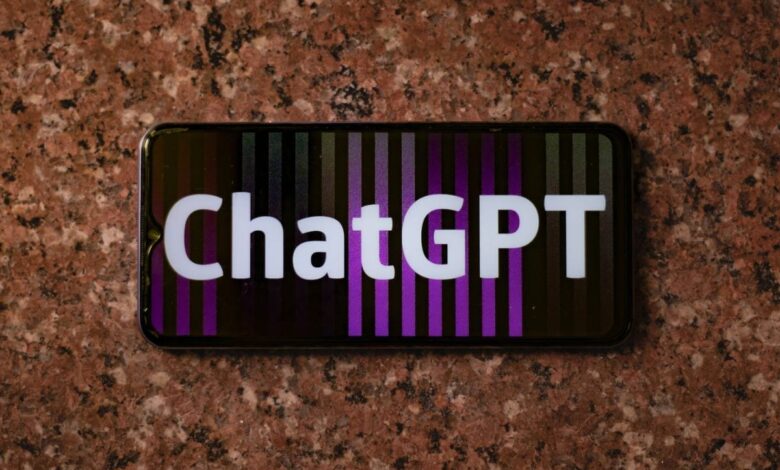OpenAI’s AI Web Browser: Is ‘Aura’ the Secret Code Name?

OpenAI’s Secret Project: An AI-Powered Web Browser?
Rumors are swirling about OpenAI’s potential foray into the web browser market. Whispers suggest the tech giant is developing an AI-powered browser, possibly codenamed “Aura.” This speculation stems from recent discoveries within ChatGPT’s code, hinting at OpenAI’s ambition to challenge established browsers.
The ‘Aura’ Discovery: Clues in ChatGPT’s Code
Tibor Blaho, a lead engineer at AIPRM, shared intriguing screenshots on X (formerly Twitter), revealing mentions of “Aura” within ChatGPT’s web app code. These code snippets, accompanied by references to browser-related elements, have fueled speculation that “Aura” could be the internal codename for OpenAI’s AI browser.
- Evidence in the Code: The presence of “Aura” alongside elements like “AndroidChrome” suggests a browser-related context.
- User String Mentions: References like “is Aura” indicate checks for the user’s device, a common practice in app development.
- ‘Aura Sidebar’: The mention of an “Aura sidebar” aligns with previous reports suggesting a sidebar feature in OpenAI’s browser, providing access to a built-in chatbot.
What Features Can We Expect?
While OpenAI remains tight-lipped, leaks and educated guesses paint a picture of what “Aura” might offer:
- AI-Powered Chatbot Integration: A central feature could be a sidebar-based chatbot, acting as an intelligent assistant for web browsing tasks. Imagine having ChatGPT directly integrated into your browser, ready to answer questions, summarize content, and even generate text.
- Chromium Foundation: Reports suggest that “Aura” might be built on Chromium, the open-source project that powers Google Chrome. This would give OpenAI a solid foundation to build upon and customize.
- OpenAI’s Search Engine: The browser could leverage OpenAI’s in-house search engine, potentially offering a more AI-driven search experience within the browser itself. This would allow the browser to provide more accurate and relevant search results, as well as offer personalized recommendations based on the user’s browsing history.
Speculation vs. Reality: What Does This Mean for the Browser Landscape?
It’s crucial to remember that “Aura” is currently just a codename, and OpenAI hasn’t officially confirmed its existence. However, the evidence is mounting, and the potential implications are significant. An AI-powered browser from OpenAI could disrupt the existing browser market, offering unique features and a more intelligent browsing experience.
Potential Benefits of an AI-Native Browser:
- Enhanced Productivity: AI could automate tasks like form filling, content summarization, and language translation.
- Personalized Recommendations: The browser could learn user preferences and provide tailored content suggestions.
- Improved Security: AI could help detect and prevent phishing attacks and other online threats.
Challenges and Considerations:
- Privacy Concerns: Integrating AI raises questions about data privacy and how user information will be handled.
- Competition: OpenAI would face stiff competition from established browser giants like Google, Microsoft, and Apple.
- Innovation: The key to success will be offering genuinely innovative features that differentiate “Aura” from existing browsers.
The Future of Browsing: AI at the Forefront
Whether “Aura” becomes a reality or remains a codename, the rumors highlight the growing importance of AI in the future of web browsing. As AI technology continues to evolve, we can expect to see more intelligent and personalized browsing experiences that transform how we interact with the internet.
| Feature | Description |
|---|---|
| AI Chatbot | Integrated AI assistant for answering questions, summarizing content, and generating text. |
| Chromium Based | Built on Google’s open-source Chromium project for a solid foundation. |
| OpenAI Search | Potentially utilizes OpenAI’s in-house search engine for more intelligent search results. |
| Enhanced Security | AI powered security to protect from phishing and online threats. |




